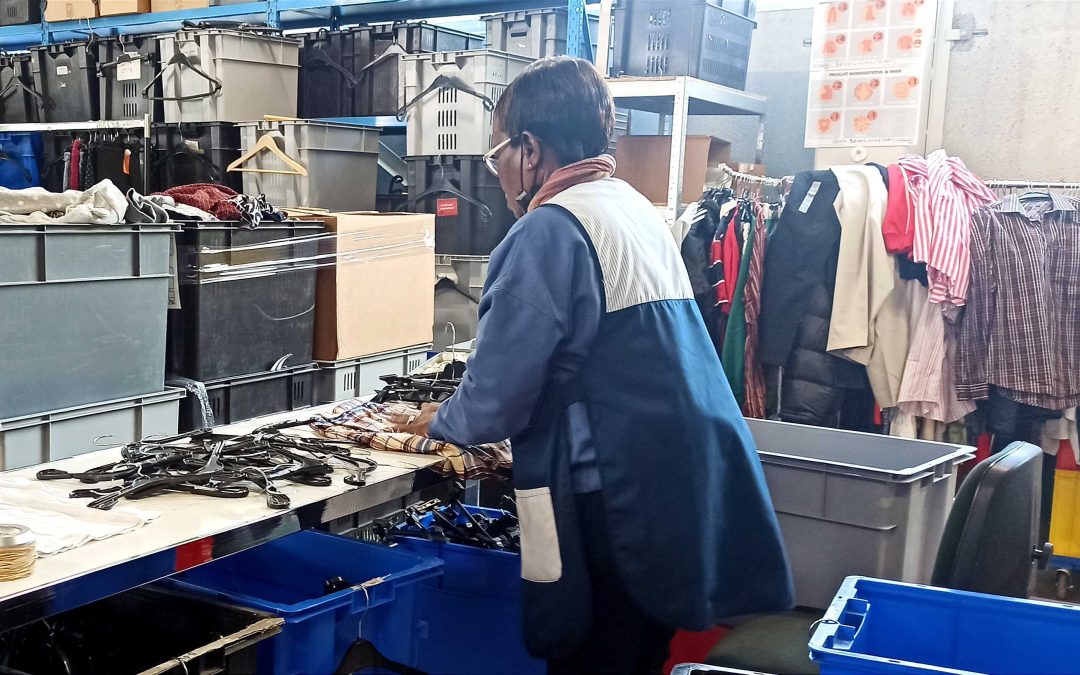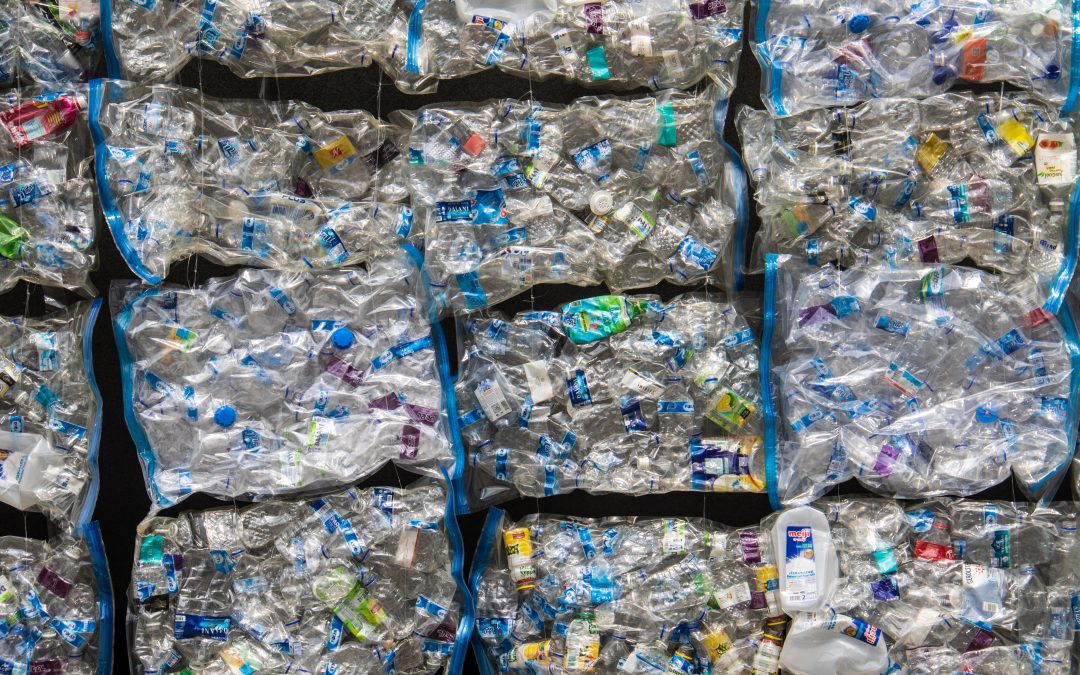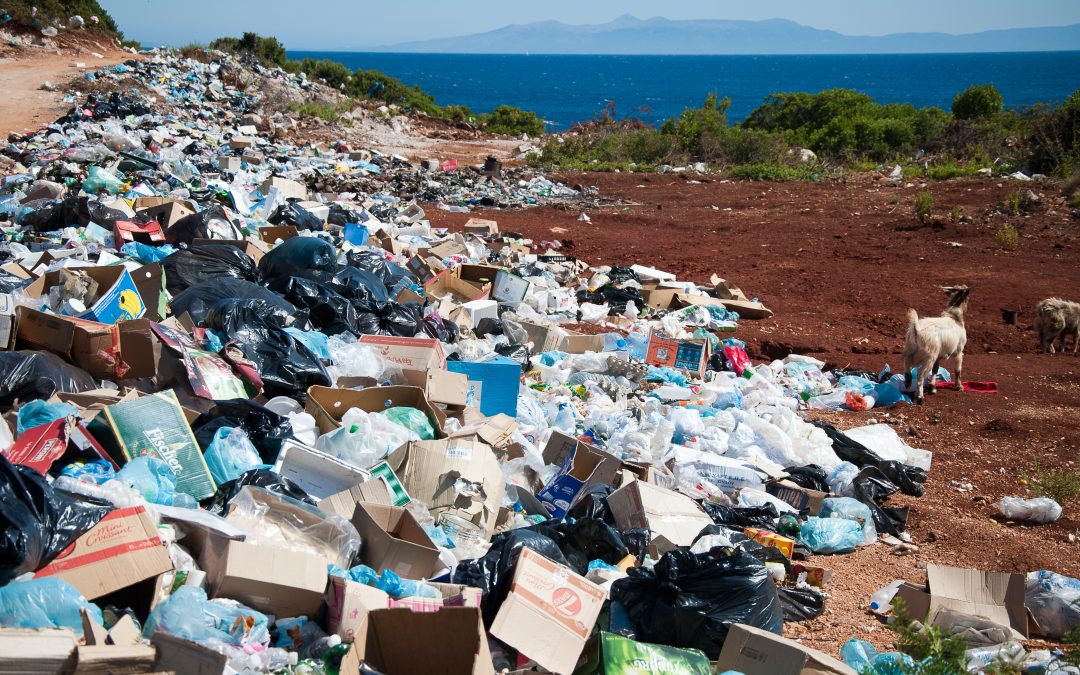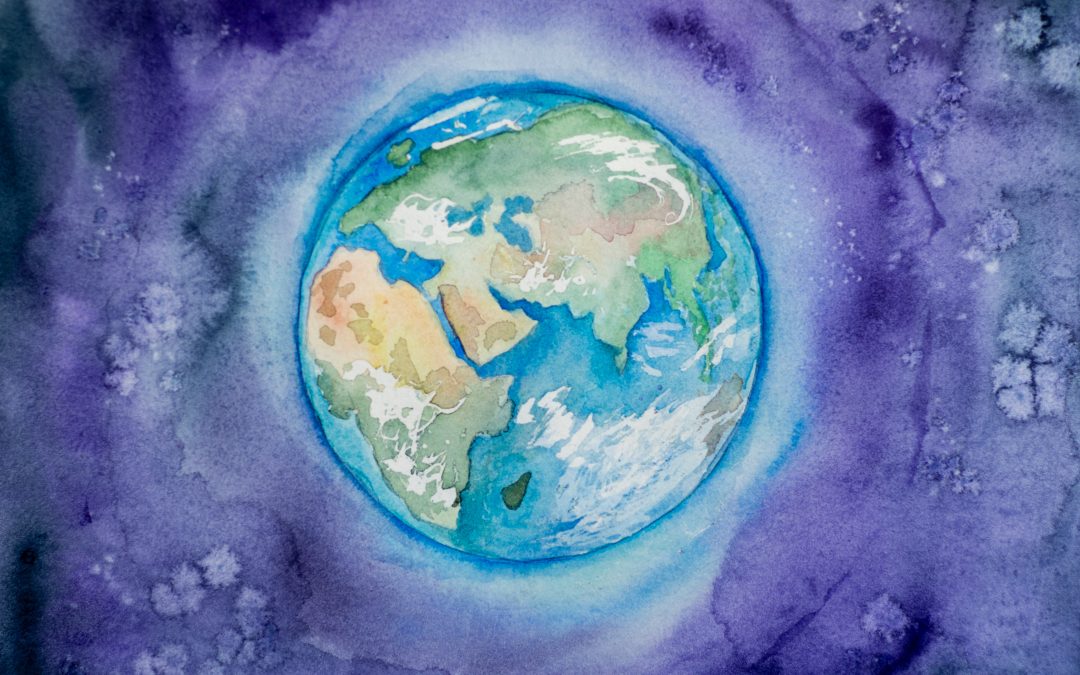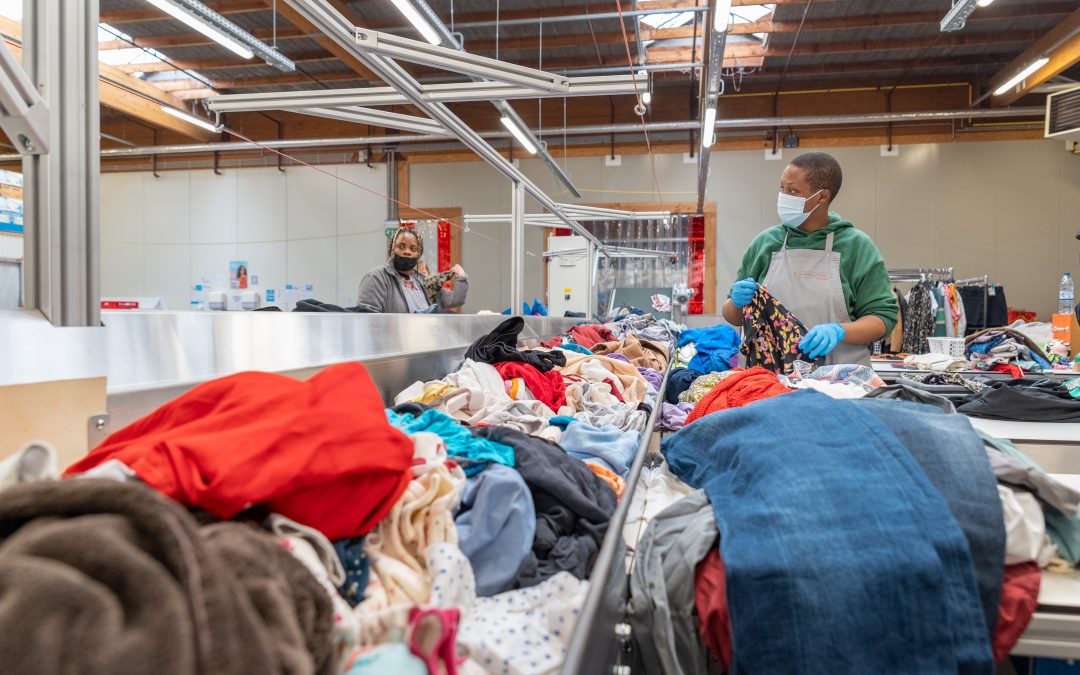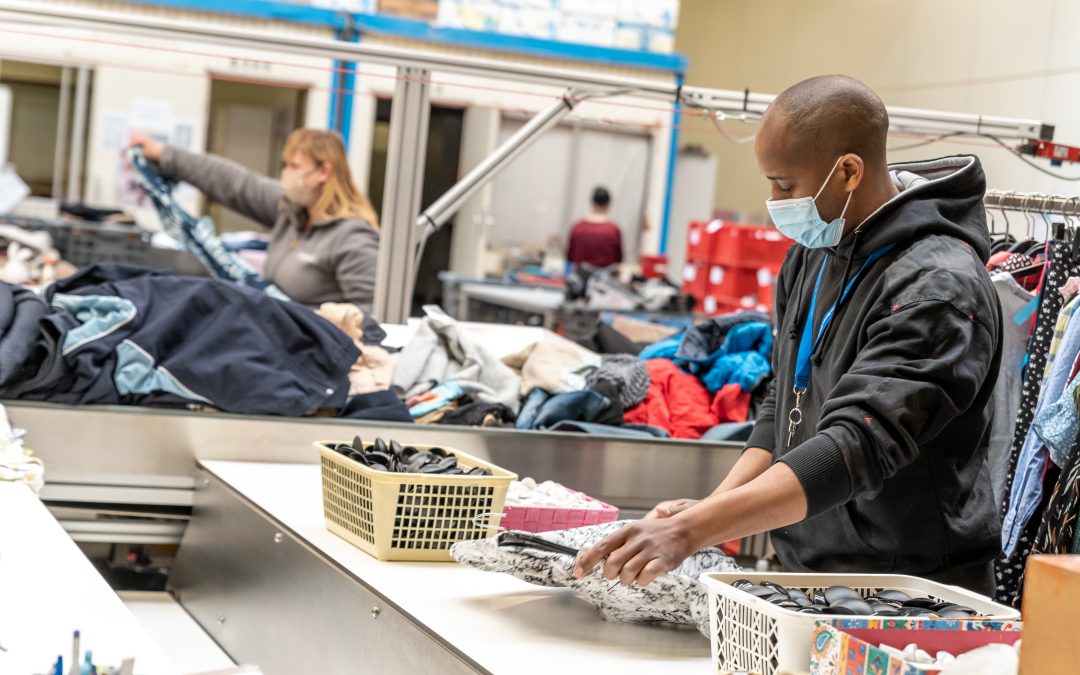Following the Russian invasion of Ukraine in February 2022, on April 14, 2022, RREUSE, the European Network of Reuse and Recycling Social Enterprises, in cooperation with ENSIE, the European Network of Work Integration Social Enterprises (WISEs), organised an online discussion among their members in the presence of representatives of the European Commission (DG EMPL, DG GROW).



